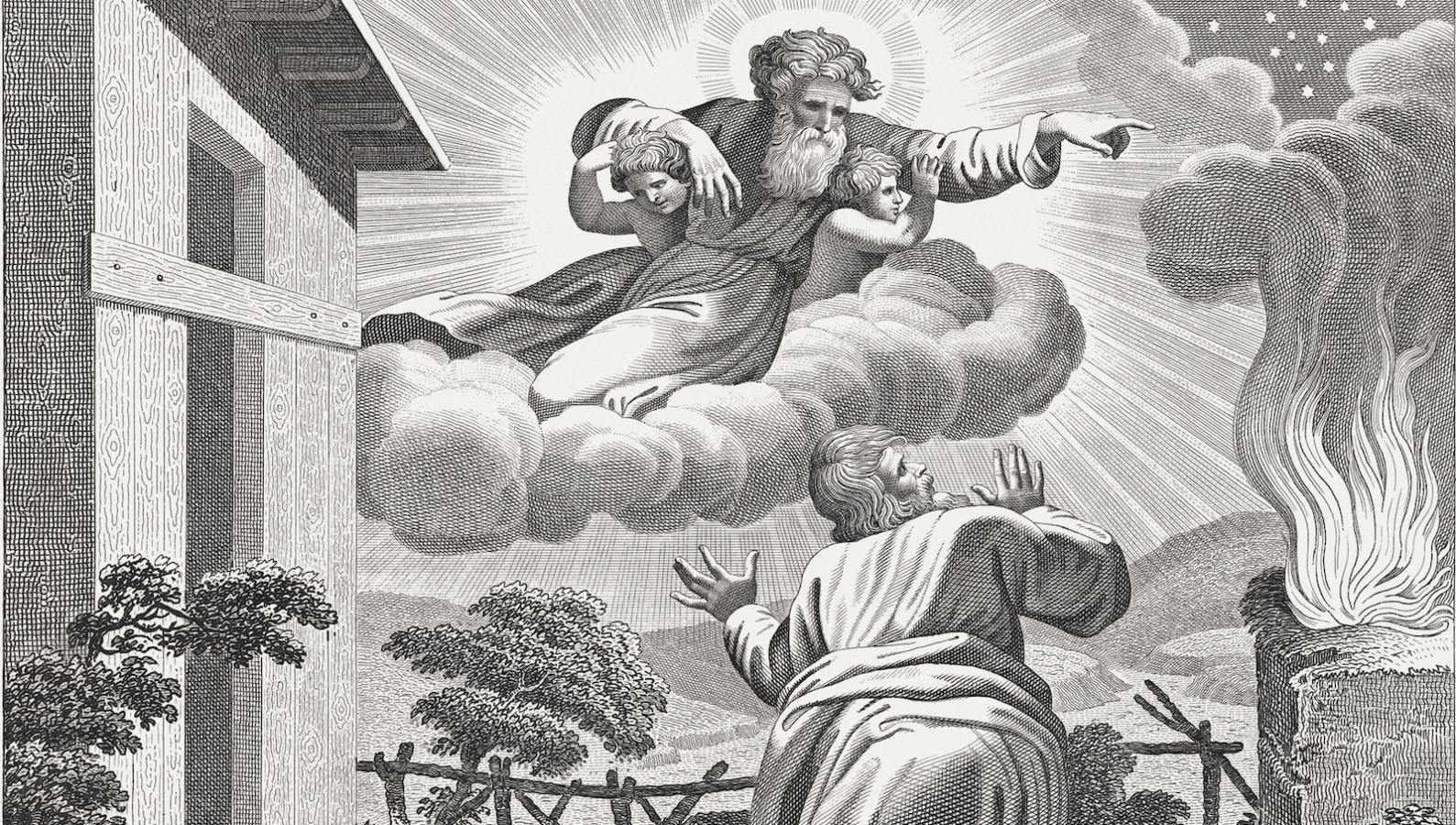Commentary on Parashat Lech-Lecha, Genesis 12:1-17:27
Lech Lecha. Go for yourself, for your own sake. Not for the sake of the community, not for the sake of others. The uses the emphatic form as the lead in this week’s Torah portion in order to make sure that Abraham understands the force of the directive. One command (lech) is not enough. It has to be repeated in such a way so as to make sure that Abraham–and we, by extension, as those who engage the Torah–fully comprehend the thrust of the Torah’s instruction.
Lecha, for you, for your own well-being. Get out of this place. It is the only way that you can grow spiritually. If you remain here, you will stagnate. You will never reach the heights you seek. Even with its emphasis, the phrase is only written once, but the intention is that it should be repeated often as a kavanah, a sacred mantra, so that we shouldn’t forget this spiritual impetus wherever our life’s journey takes us. Whenever we forget, we are asked to remember that the journey forward is indeed for our own benefit, our own good.
Faith Over Vision
I realize that this understanding may be contrary to what many classical commentators suggest–they say that it was Abraham’s faith in God that drew him forward from his complacency. Teachers like Rabbi Menachem Mendl of Kotzk put it this way: Faith is clearer than vision.
Such Abrahamic journeys are difficult to undertake, especially because when we leave, we think that we leave behind a piece of who we are–or what we once perceived our identity to be. And that is indeed true, because that is also how we influence those around us. Why else would there be signs of hometown heroes throughout North America?

Help us keep Jewish knowledge accessible to millions of people around the world.
Your donation to My Jewish Learning fuels endless journeys of Jewish discovery. With your help, My Jewish Learning can continue to provide nonstop opportunities for learning, connection and growth.
When we feel pushed out, we think that we have been forced to leave part of our selves behind and are therefore no longer whole. But who we are includes where we came from until we are able to transcend such a place in what we have become and where we have come to.
All journeys include two steps: from and toward. For a journey to be complete, both are necessary. Abraham knew what he was leaving behind but it would only be in the course of his journey that he would discover what he was going toward. But he also realized–as we learn elsewhere in the Torah–that the journey is in fact an important part of his spiritual growth. He came to realize that the Torah repeats throughout its narrative in one way or another this idea: the joy is in the journey.
Why Be Jewish?
In this Torah reading, Abraham offers us insight into the question that is on the minds of so many communal leaders and of so many parents–“why be Jewish?”–by suggesting that the answer can be found in the context of his journey. Some suggest that a reading of the initial text of this portion would yield “go into yourself.” Dig deeply into the self not before starting out on the road but while you are on it. That is part of its purpose. And while there, go beyond the self, beyond one’s level of comfort, beyond what is familiar. Because it is only there that you will find the answers you seek.
While many talk about the collective future of the Jewish community against a background of a generation of individual entitlement, it is important to note that the Torah directs us to make decisions for our own sake, as steps along our own journey.
Parents, perhaps, understand this notion best. When making decisions regarding their children, they don’t make decisions about what is best for the community. Rather, they make decisions about what is best for their children. And if we want those parents to include in those decisions “Why be Jewish?” or “Why be part of the Jewish community?” then we’d better provide them with substantive answers, irrespective of the religious backgrounds of these parents.
One reason might be so that we can continue the journey of Abraham in order to find the self.



